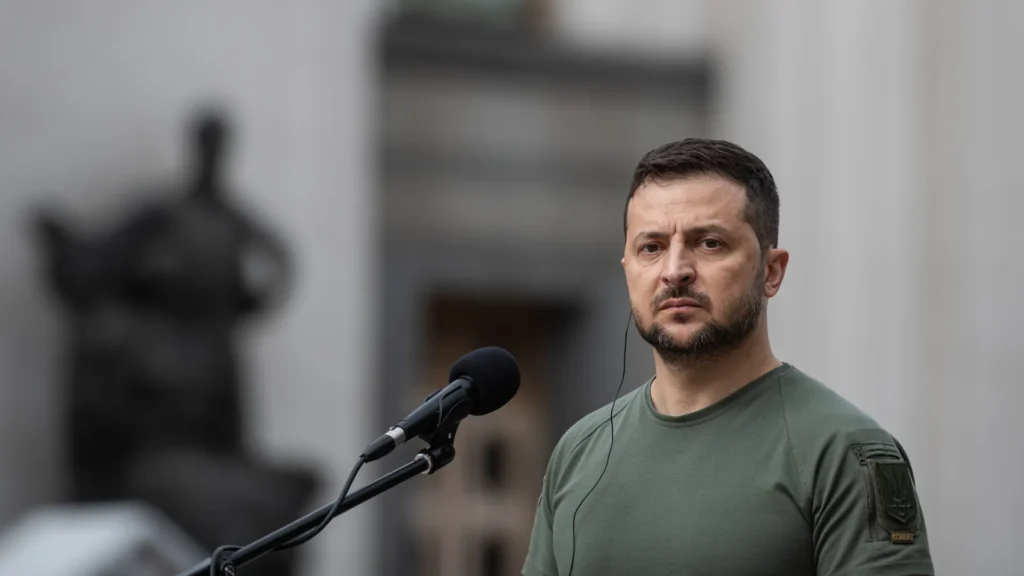Ukraine has accused Tymur Mindich, former business partner of President Volodymyr Zelenskyy, of orchestrating a $100 million (approximately Ksh13 billion) embezzlement scheme involving the country’s state nuclear power company. Mindich, who once co-owned Zelenskyy’s production company Kvartal 95, has fled Ukraine, and authorities are expected to pursue charges in absentia.
The revelation follows a 15-month investigation by Ukraine’s anti-corruption watchdogs, including the National Anti-Corruption Bureau (NABU) and the Specialised Anti-Corruption Prosecutor’s Office (SAPO). Evidence reportedly includes over 1,000 hours of wiretaps showing Mindich’s influence over key officials, including former energy minister Herman Haluschenko. The investigation alleges that contractors for Energoatom, the state nuclear company, were pressured to pay kickbacks of up to 15%, with funds laundered through shell companies to benefit Mindich and his associates.
Two government ministers have resigned in the wake of the scandal. While Zelenskyy himself is not implicated, he has publicly supported anti-corruption efforts and sanctioned Mindich following the investigation. The president pledged a full audit and renewal of leadership in state-owned energy companies.
Mindich, 46, was previously a high-profile figure in Ukraine’s entertainment industry. Despite transferring his stake in Kvartal 95 after Zelenskyy became president, he maintained influence across multiple sectors, including agriculture, banking, and state energy companies. Experts say his close ties to Zelenskyy and oligarch Ihor Kolomoysky facilitated his rapid rise.
Authorities are also investigating Mindich’s alleged links to Fire Point, a leading Ukrainian drone manufacturer, although the company denies any wrongdoing.
Activists warn that Mindich’s alleged corruption comes at a critical time, with Ukraine’s energy infrastructure under strain during the ongoing war. As the probe continues, his role as a “shadow controller” of key industries has cast a spotlight on governance and accountability in Ukraine’s state sector.

